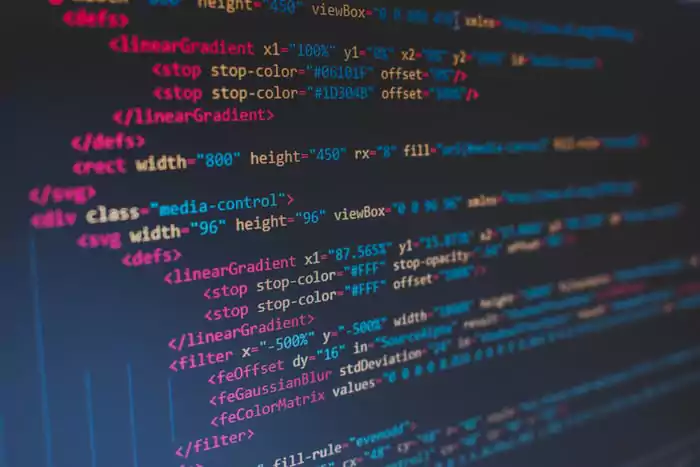If you’ve considered learning to code but aren’t sure if it has any benefits for you as a writer, it’s good to know that there are many benefits. There are many reasons to believe that learning programming improves you as a writer. For instance, you might be able to better understand the possibilities in the digital realm through interactive narrative, data visualization or other forms of digital storytelling. Understanding bits of programming jargon can help you improve your communication while working on multidisciplinary teams and learn specific processes and tools that help you do better in your career.
Understandably, not everyone can learn to code, and it isn’t a priority. However, there’s a link between writing and programming that you might be interested in exploring.
The link between writing and programming
Suppose you think it’s impossible to become a better writer (especially a journalistic writer) by learning to code. In that case, you have to consider a few things: Firstly, writers and programmers are trying to communicate something. Programmers are trying to communicate with people through a system they’ve built.
For a programmer to succeed, their codes have to meet certain criteria, such as conciseness, precision, and descriptiveness. It needs good sequencing and organization, even when you can bring in structures in many ways. It also needs to be free of grammatical and style errors.
These criteria are the same as a writer’s if you look closely. Writing good code and writing a good article have a lot more in common than many people think. As a writer, here are a few ways that learning to code can help you get better:
- Self-editing
Programming helps you become a better self-editor. Little mistakes while coding can determine if you have an excellent website or a crashed server. Something as minute as misplacing a comma can potentially topple a website. So, programmers are automatically excellent self-editors due to the high stakes. They master the art of triple-checking their work for errors and testing their codes continuously. Being vigilant doesn’t stop at learning to avert immediate calamity. The biggest problems in programming arise from small errors in codes that are not discovered until many weeks later. A poorly edited code means a software bug. That’s why self-editing is a crucial skill for programmers.

- Thought organization
Before putting pen to paper as a writer, you start by organizing those thoughts in your head. How well you organize your thoughts determines how articulate you are in writing. Crucially, to succeed as a programmer, thought organization is a crucial skill. The quality of your code is determined by how different components fit together as much as it is by each line. So, programmers take their time to think about how they’re going to organize their script – where it begins, how it progresses, and the end. They sometimes impose a structure by employing a template to help them write efficiently.
- Write precisely and concisely.
Programming doesn’t give room for ambiguity, similar to how writers at college-paper.org write student essays. Computers follow instructions, but they’re not so good at intuiting underlying meanings or interpreting contexts, so writing vague, approximate or indirect codes won’t work. Successful programming means expressing exactly what you want in certain terms. Also, programmers look to write the least possible amount of codes, and it’s understandable because more codes mean more potential failure points. So, they’re usually very concise when coding.
- Simplification of complex ideas
Programming is more than just giving computers instructions. You also have to give other programmers a road map to decode what you’ve written. These guidelines may be in the form of comments – explanatory texts with arrays, integers, and objects. It takes time to craft a good comment, and it provides relevant context without saying what’s evident in the code.
- Follow a style guide.
Writers are known to have a style guide, but so do programmers. Programming languages have subgroups that help to build software. For instance, PHP programmers may be roaming about the WordPress and Drupal communities (both content management systems are built on PHP scripting language).
These groups have created their style guides to ensure consistency in writing codes for easier collaboration. So if you want to create software accepted and adopted by any of these communities, you have to follow their guidelines or style guides. While your code will still work well without following the community’s style guides and standards, these standards exist to ensure uniformity and make things easier for themselves.
Conclusion
Learning how to program or write codes can make you a better writer. Coding and writing have a lot in common, but the meticulousness required to code successfully will improve you as a writer.
Author Bio
Thomas Jackson is a professional freelance content writer and an active member of several writing clubs in New York. He has written several songs since he was a child. He gets inspiration from the live concerts he does in front of close friends and family members.
